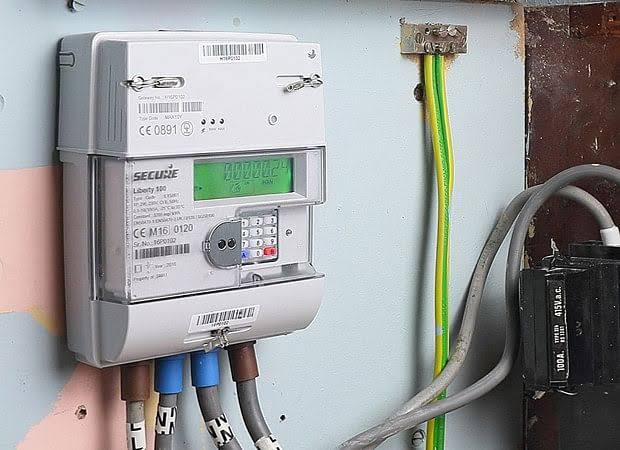
Calls to halt the installation of smart water meters in Kashmir have intensified, with local business owners and political groups once again voicing their strong opposition to the government’s decision.
The chief engineer of the concerned department had earlier told The Kashmiriyat that the duration and mode of payment for the billing process would be decided soon. “It can be monthly or quarterly, depending upon the feasibility and other factors. However, the final would be taken by the Jammu and Kashmir Water Regulatory Authority,” he said.
Opposing the move, Kashmir Trade Alliance (KTA) has particularly raised alarms, urging Chief Minister Omar Abdullah to intervene and suspend the initiative, citing significant economic difficulties faced by the business community.
The KTA’s concerns were highlighted in a statement today by its president, Aijaz Shahdhar, who criticized the government for moving forward with the plan to install smart water meters in commercial establishments in Srinaga
r. The initiative, which is set to begin this year, has ignited widespread protests, with many business owners fearing that the move could further burden already struggling industries.
“This is the wrong time to implement such a plan,” Shahdhar stated. “Our businesses are still recovering from the impacts of earlier regulations and economic challenges. Introducing smart meters would place additional financial strain on the commercial sector.”
This latest outcry adds to a series of protests that have already taken place in recent months. Local business owners have been vocal about the negative effects that smart meter installation could have, particularly in light of the financial hardships many businesses have endured since the region’s economic downturns.
In the past, similar protests against the introduction of smart meters have highlighted concerns over the financial implications for the commercial sector.
The installation of these meters was initially proposed in the context of modernizing water billing and addressing inefficiencies in the water supply system. However, critics argue that the timing of such a measure—amid ongoing economic struggles—makes it an unsustainable burden for the business community.
Protests against smart meters are not isolated to Kashmir. Globally, similar initiatives have sparked significant opposition, particularly in marginalized communities.
Critics argue that smart meters, by tracking individual usage and charging based on consumption, disproportionately affect lower-income households and small businesses.




